In her Art of Fiction interview in our new Fall issue, Alice McDermott reveals that she is currently at work on a very short novel. The format has long intrigued her, and she has taught a class on the subject to her M.F.A. students at Johns Hopkins University. “I divide the reading list into three loose categories: A Day in the Life, An Inciting Incident, and A Life. We read three novels in each category, and then the students begin their own short novels, using these somewhat fungible categories as structural guides,” she says. “The wonderful thing about teaching the short novel is that structure is everything, and often more apparent than in a long and winding five-hundred-pager.” We asked her to share a few of her favorite short novels below.
A Day in the Life
Seize the Day by Saul Bellow
This is a novel that careens to a foregone conclusion (page 2: “Today he was afraid. He was aware that his routine was about to break up and he sensed that a huge trouble long presaged but til now formless was due”) without ever losing its protagonist’s—the slovenly, whiny, disappointed, exhausted, endearing Tommy Wilhelm’s—own desperate, caffeinated, ever-flickering sense of hope. It’s all in the language: hardly a sentence in this novel, hardly a detail, that does not, wryly, keenly, make your heart ache.
One Day in the Life of Ivan Denisovich by Alexander Solzhenitsyn
A novel that proves plodding doesn’t have to be a pejorative. Ivan Denisovich Shukov’s icy plod through this long, cold, routine day in a Siberian labor camp magnifies an excruciating drama: the struggle to find food, to work, to stay out of trouble, to stay human in the most inhuman of circumstances. Less celebrated than it once was, this novel is more than a historical artifact or political tract, it’s a chilling (literally) work of art.
Mrs. Dalloway by Virginia Woolf
I’ve been surprised to find that many readers don’t think of this as a short novel, although it comes in at just under two hundred pages (my own, arbitrary criterion). No doubt the richness of its language, its many characters and plotlines, its shifting points of view, make it seem longer in retrospect.
But it’s the novel’s very briefness that allows a reader to hear, like a held note, the sound of the last word in its famous first line: “Mrs. Dalloway said she would buy the flowers herself,” as it reverberates (if only to our unconscious ear) in the novel’s last sentence, “For there she was.”
An Inciting Incident
Chronicle of a Death Foretold by Gabriel Garcia Marquez
Here’s an illustration, for any writer who seeks it, of E. M. Forster’s observation that in any narrative, a sense of inevitability should overlie everything. “On the morning they were going to kill him, Santiago Nasar got up at five-thirty in the morning to wait for the boat the bishop was coming on.” Inevitability—ya think?
So Long, See You Tomorrow by William Maxwell
What better inciting incident than the sound of a gunshot. But it’s a sign of the rich complexity of Maxwell’s compassionate and beautifully told tale of tenant farmers in the early twentieth-century Midwest that the students in my class endlessly debate the true inciting incident here: is it the gunshot, the first meeting of the two lovers, the friendship between the farmers, the friendship between the boys, the marriage of the narrator’s father, the death of his mother? That debate about consequence mirrors the narrator’s attempt to understand how any one of us might live our own lives “undestroyed” by what was not our own doing.
Ethan Frome by Edith Wharton
If you can forget everything you felt or heard about this novel when (if) you were made to read it in high school, you’ll be better able to appreciate its brilliance. Here is landscape and character and, yes, that sense of inevitability, masterfully manipulated so that moments of joy, of beauty, of hope, appear convincingly, even as we never lose sight of that lowering sense of doom. This lady novelist knew what she was doing.
A Life
Maud Martha by Gwendolyn Brooks
A poet’s short novel and as such there is as much said in the spaces, in the silences, as there is in each episode and scene. A short novel with more life—harsh, beautiful, mournful, celebratory life—than many door-stoppers. Not an entire life, we follow Maud Martha only from childhood to her pregnancy with her second child, but breath and heartbeat and moment-to-moment life. This is one of those novels you should never dissect, a novel of language and image, and truth.
Train Dreams by Denis Johnson
Wild and weird—it’s Denis Johnson—but also among the most humane and compassionate of his novels. For all its vividness, there’s something taciturn, vaguely astonished, about the voice here, which suits well the life story of a laborer in the wild and rapidly changing American West. Natural beauty and harsh realism, the vividly fantastic, the tragic, the mundane, a time gone forever. All in just over one hundred pages.
The Buddha in the Attic by Julie Otsuka
Compressed and yet incredibly expansive, this brief novel uses the collective we to evoke the lives of Japanese women brought to San Francisco early in the twentieth century as “picture brides.” The resulting chorus is mesmerizing. Each woman’s experience remains unique and distinctive even as their voices combine to form a whole—a whole that rises and falls and then, adeptly, tragically, fades and disappears. A book to remind the aspiring short novel writer to take a risk, one you might not have the courage to take in a longer work. Whether the risk succeeds or fails, it won’t be for long.
Read our Art of Fiction interview with Alice McDermott here.
from The Paris Review https://ift.tt/2QgdyLp

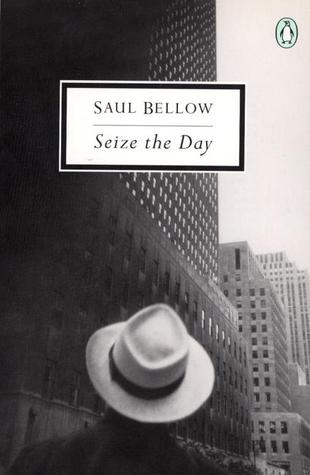
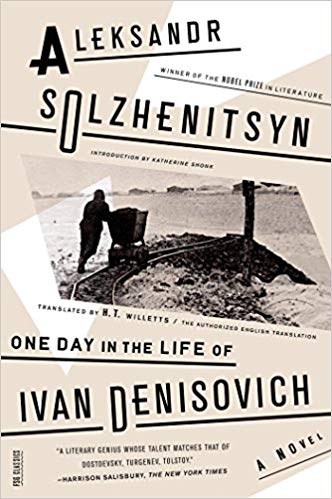
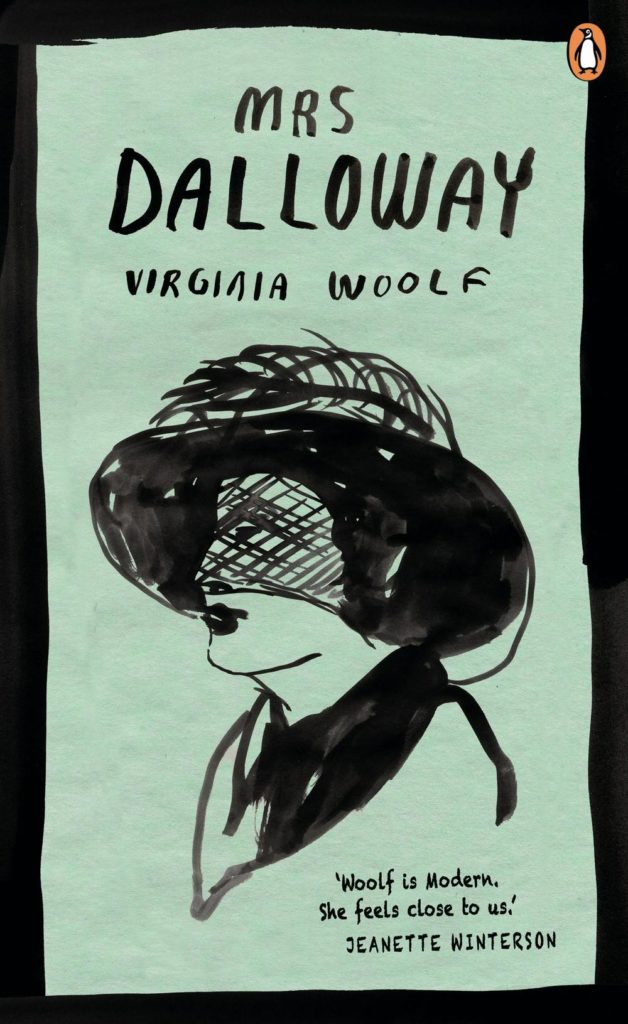
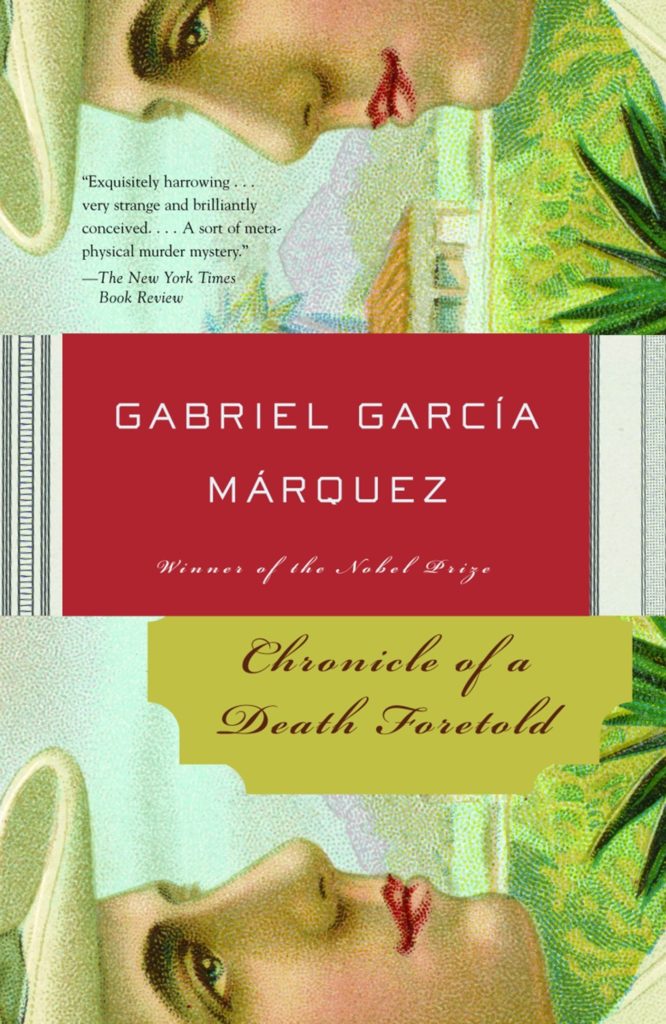
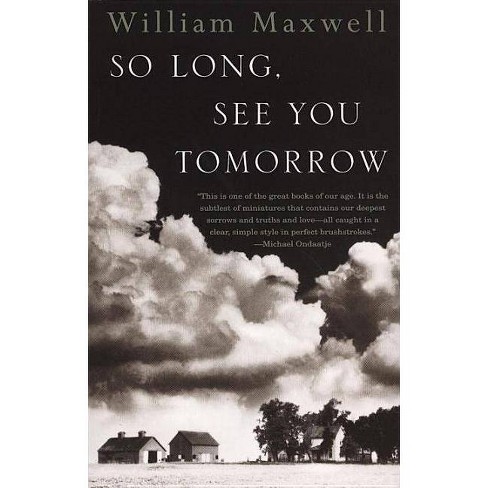


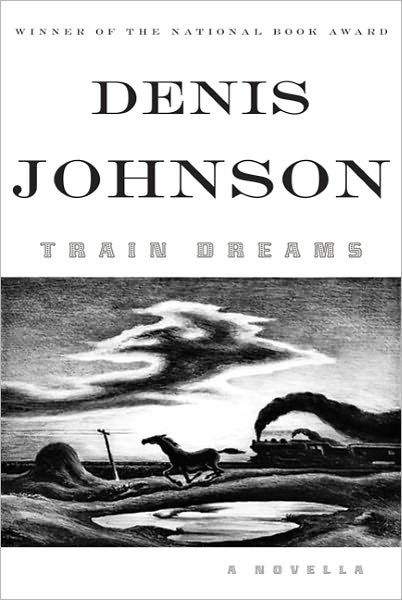
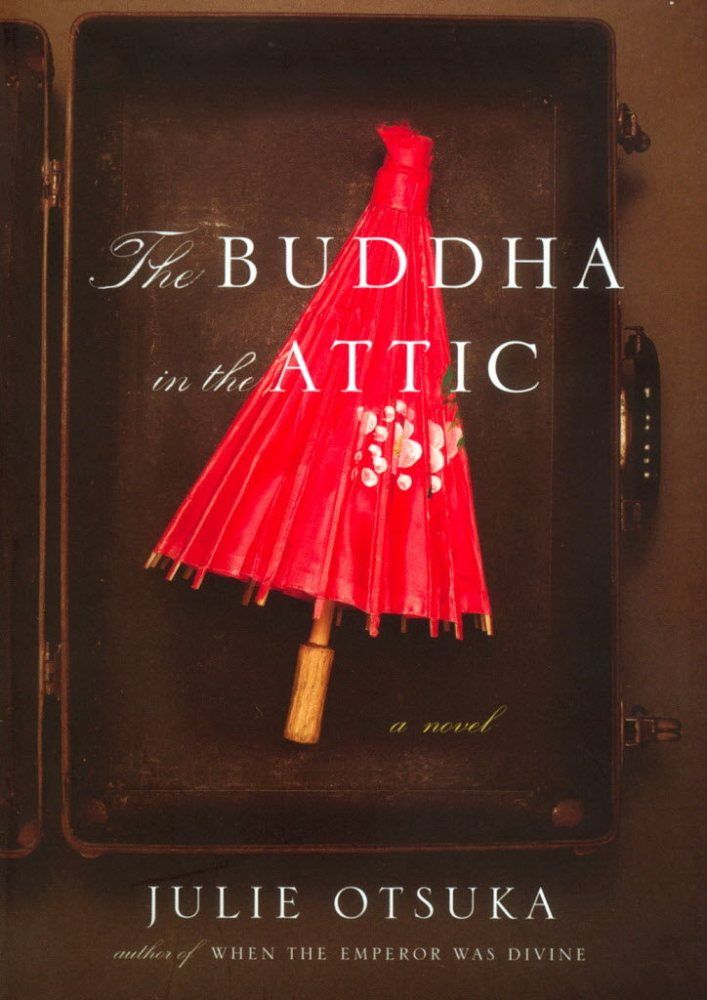
Comments
Post a Comment